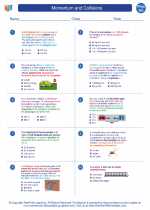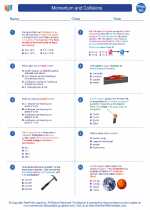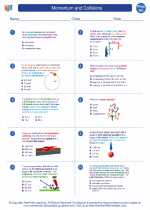Alternative Medicine
Alternative medicine refers to a broad range of medical practices that are not considered part of conventional medicine. These practices may include herbal remedies, acupuncture, chiropractic care, meditation, and various forms of energy healing.
Types of Alternative Medicine
There are several types of alternative medicine, including:
- Herbal Medicine: The use of plants or plant extracts to treat various medical conditions.
- Acupuncture: A traditional Chinese medicine practice that involves inserting thin needles into specific points on the body to promote healing and relieve pain.
- Chiropractic Care: A form of alternative medicine that focuses on the diagnosis and treatment of mechanical disorders of the musculoskeletal system, particularly the spine.
- Meditation and Mindfulness: Practices that aim to promote relaxation, reduce stress, and improve overall well-being.
- Energy Healing: Therapies that involve channeling or manipulating the supposed energy fields in and around the body to promote healing.
Effectiveness and Safety
While some alternative medicine practices have shown promise in clinical studies, others have not been scientifically proven to be effective. It's important for individuals to carefully research and consider the potential risks and benefits of any alternative medicine treatments they are considering.
Considerations for Use
Before considering alternative medicine, individuals should consider the following:
- Evidence-Based Practice: Look for alternative therapies that have been studied and shown to be effective through scientific research.
- Consultation with Healthcare Providers: It's important to discuss any alternative medicine treatments with a qualified healthcare provider to ensure they are safe and compatible with other medications or treatments.
- Personal Health and Well-Being: Consider how alternative medicine practices may fit into an overall plan for health and wellness.
Study Guide for Alternative Medicine
When studying alternative medicine, it is important to consider the following key points:
- Understand the different types of alternative medicine and how they are practiced.
- Evaluate the scientific evidence for the effectiveness of various alternative medicine treatments.
- Consider the potential risks and benefits of alternative medicine practices.
- Explore how alternative medicine may complement or conflict with conventional medical treatments.
- Examine the role of healthcare providers in guiding patients on the use of alternative medicine.
◂Physics Worksheets and Study Guides High School. Momentum and Collisions

 Worksheet/Answer key
Worksheet/Answer key
 Worksheet/Answer key
Worksheet/Answer key
